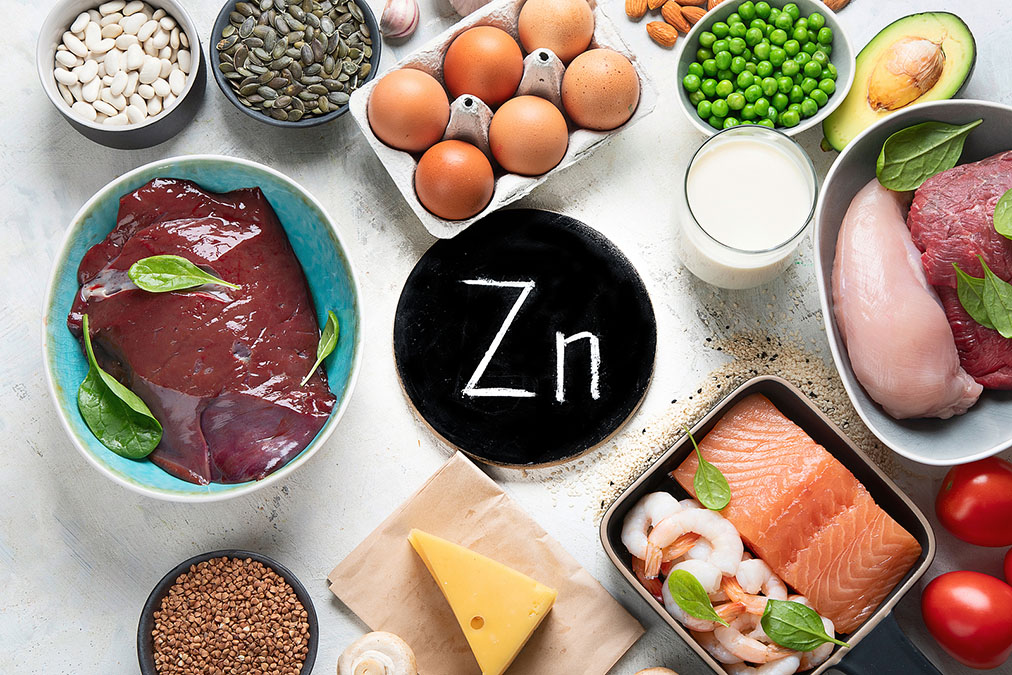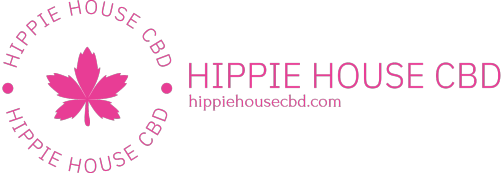CBD GUMMIES
Why Are CBD Gummy Sweets So Popular In The UKNovember 7, 2025

Zinc is a vital trace element that plays a central role in maintaining overall health and well-being. This comprehensive guide aims to explore the multifaceted benefits of zinc, providing a detailed understanding of its significance, sources, recommended daily intake, potential health advantages, and the consequences of deficiency or excess. Whether you’re looking to enhance your knowledge of nutrition or seeking ways to optimize your health, this guide will serve as a valuable resource on the benefits of zinc.
This chapter introduces zinc, elucidating its nature as an essential mineral and discussing its role in various bodily functions, from immune support to enzyme activation.
Understanding the sources of zinc is essential to ensure an adequate intake. This chapter explores the different dietary sources of zinc, including meats, seafood, dairy products, and supplements.
To maximize the benefits of zinc while avoiding deficiency or excess, it’s crucial to understand the recommended dietary allowances (RDAs) for zinc based on age, gender, and life stage.
One of the well-known benefits of zinc is its role in supporting the immune system. This chapter explores how zinc enhances immune function, helping the body defend against infections and illnesses.
Zinc is essential for wound healing and tissue repair. This chapter discusses how zinc accelerates the healing process, reduces inflammation, and promotes skin health
Zinc is crucial for reproductive health in both men and women. This chapter explores its role in fertility, hormone balance, and the development of healthy fetuses.
Cognitive health is vital, particularly as we age. This chapter explores how zinc supports cognitive function, helps prevent cognitive decline, and may reduce the risk of neurodegenerative diseases like Alzheimer’s.
Zinc plays a critical role in the production of red blood cells. This chapter discusses how it prevents anemia, maintains healthy blood cells, and supports oxygen transport throughout the body.
Zinc deficiency can have severe health consequences. This chapter discusses the signs and symptoms of deficiency, as well as the health issues it can lead to, such as growth retardation, impaired immune function, and cognitive deficits.
Understanding who is at risk of zinc deficiency is crucial for prevention. This chapter explores various groups, such as vegetarians, older adults, and individuals with certain medical conditions, who may be more susceptible to deficiency.
To ensure an adequate intake of zinc, it’s important to know how to incorporate it into your diet. This chapter offers practical insights into dietary sources of zinc, food preparation, and balancing it with other nutrients.
In the conclusion, we summarize the extensive benefits of zinc, its potential applications, and practical insights for optimizing health and well-being through proper nutrition and zinc intake.
Zinc is a fundamental nutrient with a wide range of benefits for health and well-being. This guide provides a comprehensive overview of the significance of zinc, its various health advantages, and practical insights for integrating it into your diet. Understanding the importance of zinc and how to maintain an adequate intake is essential for those looking to prioritize their health and well-being.
BSc Psychology, University of Birmingham, MSc Clinical Dermatology, University of Hertfordshire Anastasia Filipenko is a health and wellness psychologist, dermatolist and a freelance writer. She frequently covers beauty and skincare, food trends and nutrition, health and fitness and relationships. When she’s not trying out new skincare products, you’ll find her taking a cycling class, doing yoga, reading in the park, or trying a new recipe.
WhatsApp us

0